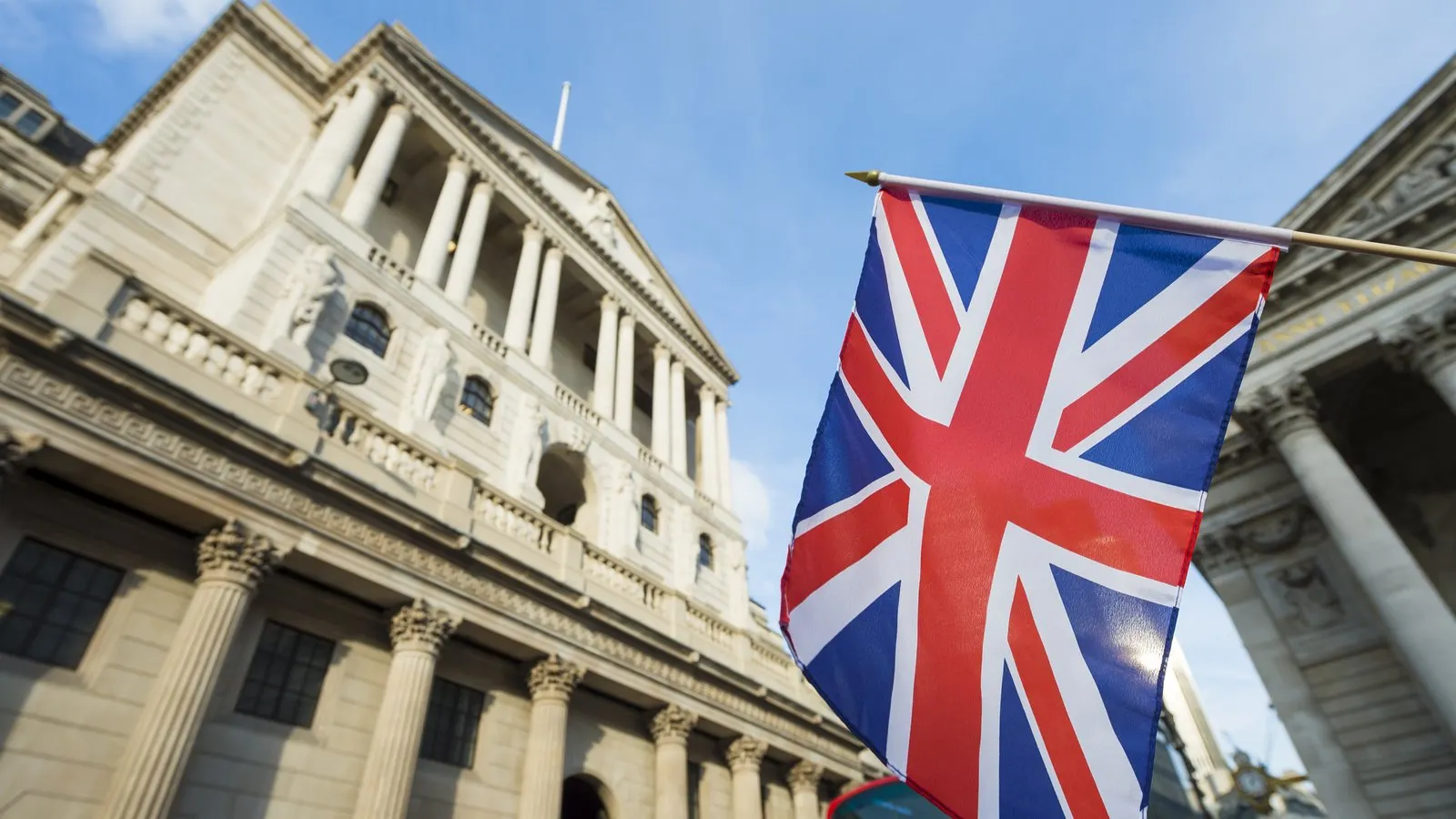Stablecoins circulating in the market aren't currently seen as having "systemic importance," wrote the Bank of England in a new discussion paper.
But that may soon change.
If there are pound-based stablecoins being used daily in the UK, such a crypto asset would likely have a much greater influence over the economy.
That's why the same discussion paper also outlined what a potential regulatory framework would look like should that happen.
Critically, the paper raises key concerns about the use of "unhosted" crypto wallets and their potential for facilitating money laundering and terrorist financing in a future where stablecoins are used every day like sterling pounds.
Unhosted wallets, also known as non-custodial or self-custody wallets, are a type of crypto wallet that allows users to store and transfer crypto assets without the need for a third-party intermediary, giving users more autonomy in their financial dealings.
"If operating at scale, unhosted wallet providers and the money laundering and terrorist financing risks they pose may hinder the ability of a systemic stablecoin payment chain to deliver against the [the Financial Policy Committee] FPC’s expectations,” the paper reads.
In such cases, wallet providers would be expected to adhere to the regulatory requirements, including that they should have the same level of resilience, operational reliability, consumer protection, and market integrity as traditional payment systems.
"The Bank considers that this could make it challenging for systemic stablecoin issuers to deliver on their regulatory obligations under the Bank’s proposed regime at all times," the paper reads.
The FPC also acknowledged that the money laundering and terrorist financing risks of unhosted wallets are already covered under the recommendations set out by the International Financial Asset Task Force (FATF). Among these recommendations is the introduction of a "travel rule" for cryptocurrency transactions.
This rule mandates that virtual asset service providers (VASPs) and financial institutions share relevant information about both the sender and the recipient when conducting virtual asset transactions between their organizations.
According to BoE, today's release marks the initial exploration phase in shaping the UK's new regulatory framework for stablecoins. After gathering and considering feedback from the industry on these initial proposals, the regulator will engage in a consultation process regarding its final proposed regulatory framework.
It is also published alongside a paper from the Financial Conduct Authority (FCA) discussing their regulatory approach to stablecoin issuers and custodians, a letter from the Prudential Regulation Authority (PRA) to bank Chief Executive Officers regarding innovations in the use of deposits, e-money, and stablecoins by banks, and a roadmap paper outlining the interactions between these various regulatory frameworks.
These coordinated publications seek to offer clarity concerning the specific regulatory category to which each form of money and money-like instrument belongs.
Edited by Liam Kelly.

